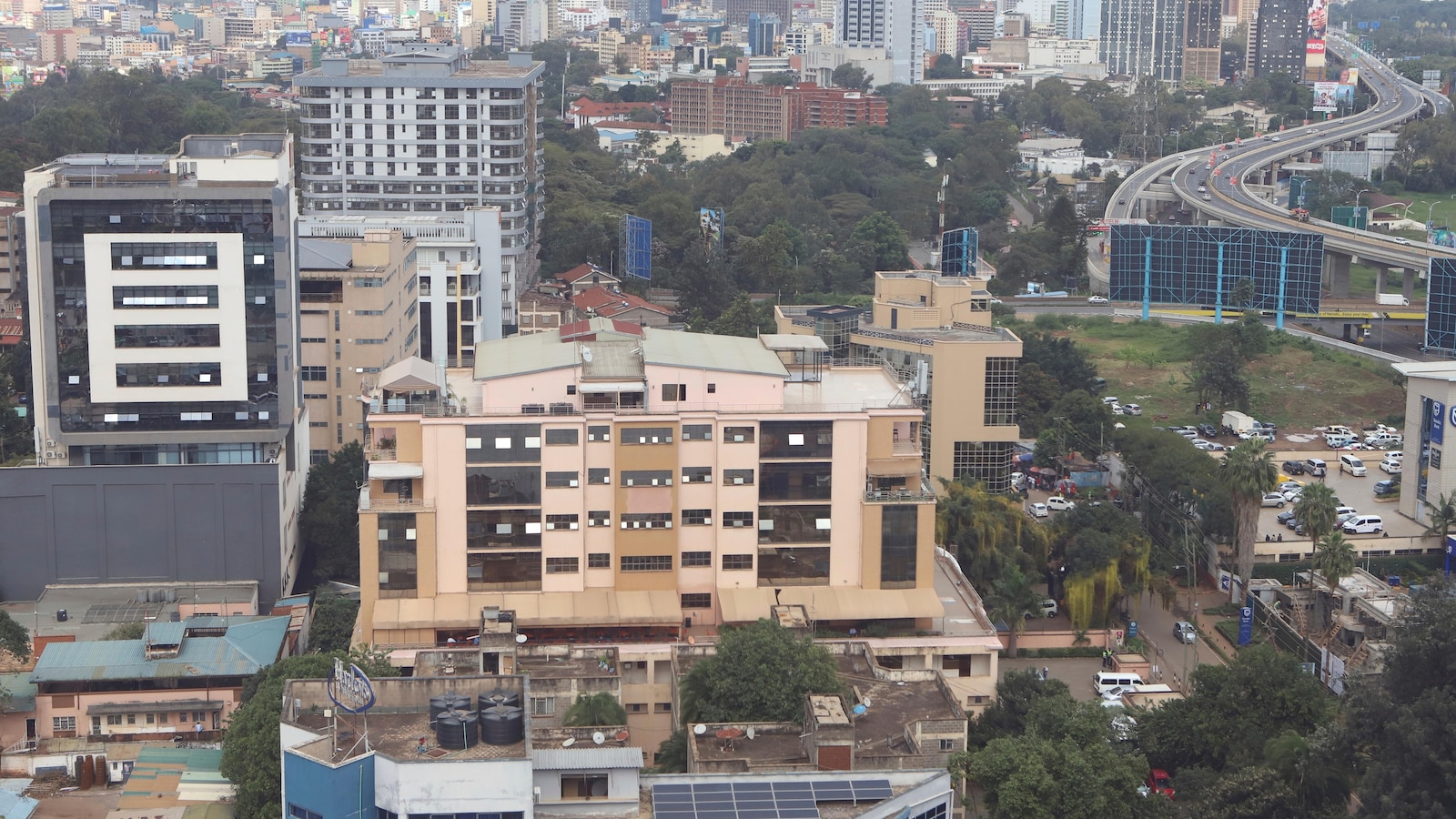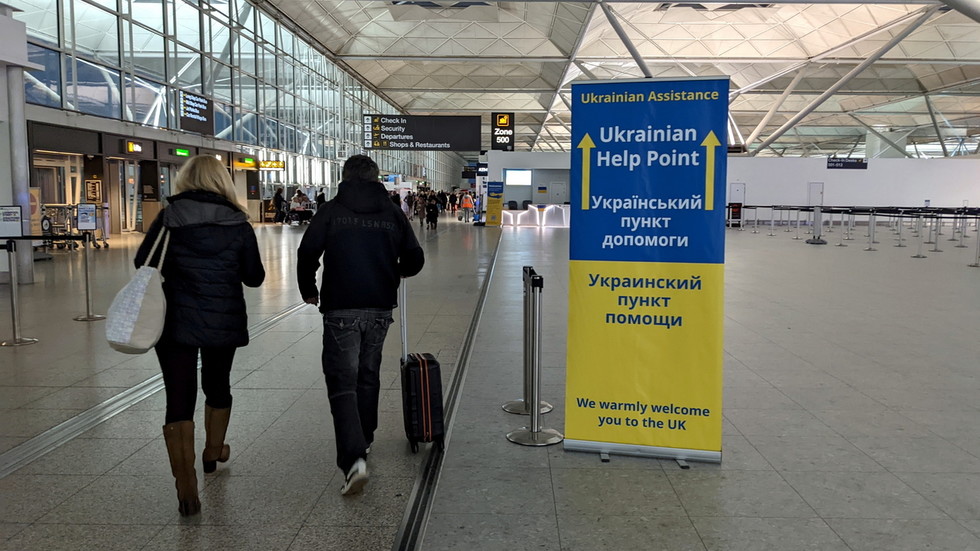Thailand's acting Prime Minister Phumtham Wechayachai warned Friday that cross-border clashes with Cambodia that have uprooted more than 130,000 people "could develop into war", as the countries traded deadly strikes for a second day.
A long-running border dispute erupted into intense fighting with jets, artillery, tanks and ground troops on Thursday, and the UN Security Council is set to hold an emergency meeting on the crisis later Friday.
More than 138,000 people have been evacuated from Thailand's border regions, its health ministry said, reporting 15 fatalities – 14 civilians and a soldier – with a further 46 wounded, including 15 troops.
Cambodia confirmed its first fatality on Friday, adding that more than 4,000 people have evacuated from areas near the border.
"We have tried to compromise as we are neighbours, but we have now instructed the Thai military to act immediately in case of urgency," Thailand's Wechayachai told reporters in Bangkok. "If the situation escalates, it could develop into war -- though for now, it remains limited to clashes," he said.
Watch moreThailand and Cambodia clash with jets and rockets in deadly border row
Foreign ministry spokesman Nikorndej Balankura said Thailand was open to talks, possibly aided by Malaysia - the current chair of the Association of Southeast Asian Nations (ASEAN) regional bloc, of which Thailand and Cambodia are both members.
"We are ready, if Cambodia would like to settle this matter via diplomatic channels, bilaterally, or even through Malaysia, we are ready to do that. But so far we have not had any response," Nikorndej told AFP.
Death of a soldier triggers diplomatic spat, clashes
Tensions began rising between the Southeast Asian neighbours in May, following the killing of a Cambodian soldier during a brief gunfire exchange, and have escalated since, triggering diplomatic spats and now, armed clashes.
Thailand recalled its ambassador to Phnom Penh on Wednesday and expelled Cambodia's envoy, in response to a Thai soldier losing a limb to a landmine that Bangkok alleged had been laid by Cambodian troops. Cambodia called that accusation baseless.
Clashes broke out the next day along a disputed area abutting an ancient temple, rapidly spilling over to other areas along the contested border. Both sides accuse each other of firing the first shots.
Cambodia has deployed truck-mounted rocket launchers, which Thailand says have been used to target civilian areas, while the Thai armed forces dispatched US-made F-16 fighter jets, using one to bomb military targets across the border.
A border dispute dating back to colonial times
Thailand and Cambodia have for more than a century contested sovereignty at various undemarcated points along their 817 km (508 miles) land border, which was first mapped by France in 1907 when Cambodia was its colony.
That map, which Thailand later contested, was based on an agreement that the border would be demarcated along the natural watershed line between the two countries.
In 2000, the two countries agreed to establish a Joint Boundary Commission to peacefully address overlapping claims, but little progress has been made towards settling disputes.
Claims over ownership of historical sites have periodically raised nationalist tension between the two countries. In 2003, rioters torched the Thai embassy and Thai businesses in Phnom Penh over an alleged remark by a Thai celebrity questioning jurisdiction over Cambodia's World Heritage-listed Angkor Wat temple.

Previous flashpoints
An 11th-century Hindu temple called Preah Vihear, or Khao PhraViharn in Thailand, has been at the heart of the dispute for decades, with both Bangkok and Phnom Penh claiming historical ownership.
In 1962, the International Court of Justice (ICJ) awarded the temple to Cambodia, but Thailand has continued to lay claim to the surrounding land.
Tensions escalated in 2008 after Cambodia attempted to list the Preah Vihear temple as a UNESCO World Heritage site, leading to border skirmishes over several years and at least a dozen deaths, including during a weeklong exchange of artillery fire in 2011.
Two years later, Cambodia sought interpretation of the 1962 verdict and the ICJ again ruled in its favour, saying the land around the temple was also part of Cambodia and ordering Thai troops to withdraw.
A rise in nationalist sentiment
Despite the historic rivalry, the current governments of Thailand and Cambodia enjoy warm ties, partly due to the close relationship between their influential former leaders, Thailand's Thaksin Shinawatra and Cambodia's Hun Sen.
But nationalist sentiment has risen in Thailand after conservatives last year questioned the government's plan to negotiate with Cambodia to jointly explore energy resources in undemarcated maritime areas, warning such a move could risk Thailand losing the island of Koh Kood in the Gulf of Thailand.
Watch moreThailand-Cambodia border conflict 'instrumentalised, weaponised' for internal political purposes
Tensions also rose in February when a group of Cambodians escorted by troops sang their national anthem at another ancient Hindu temple that both countries claim, Ta Moan Thom, before being stopped by Thai soldiers.
An effort by then Thai premier Paetongtarn Shinawatra, Thaksin's daughter, to de-escalate the situation in a call last month with Hun Sen spectacularly backfired after a recording of the conversation was initially leaked and later released in full by the Cambodian leader.
In the call, the 38-year-old prime minister appeared to criticise a Thai army commander and kowtow to Hun Sen, drawing public fury and a complaint from a group of senators, which led to her suspension by a court order on July 1.
'Unresolved and sensitive'
After the May 28 clash, both countries quickly promised to ease tensions, prevent more conflict and seek dialogue via their joint border commission at a June 14 meeting.
The neighbours have issued diplomatically worded statements committing to peace while vowing to protect sovereignty, but their militaries have been mobilising near the border.
Cambodia in June said existing mechanisms were not working and it planned to refer disputes in four border areas to the ICJ to settle "unresolved and sensitive" issues that it said could escalate tensions.
Thailand has not recognised the ICJ's rulings on the disputed border and says it wants to settle the matter bilaterally.
(FRANCE 24 with AFP, Reuters and AP )










 English (US) ·
English (US) ·